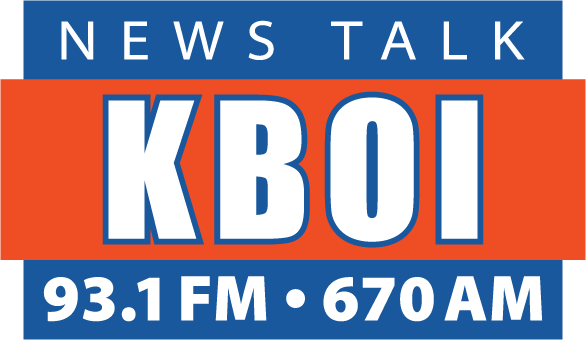The Oxford English Dictionary still exists. And you can still purchase it in book form. But just like everybody else, they're also online. And their website is a lot of fun if you like reading about the history of words.
I mention the Oxford English Dictionary because it's the de facto authority when it comes to the English language. If the Oxford people say something is a word, it is. And every year they choose a few new words and terms to add to the dictionary.
Last month, the Oxford English Dictionary added 900 new entries. Here are some of the more interesting ones.
1. Crap shoot – A situation or undertaking regarded as uncertain, risky or unpredictable.
2. Scissor-kick – To perform a kick which involves a scissor-like motion of the legs, as in swimming or soccer.
3. Bookaholic – A habitual and prolific reader. A compulsive book buyer.
4. Honky-tonker – A person who owns, works in or frequents a cheap, sleazy bar or nightclub, typically one where country music is played.
5. Bestie – A person's best friend. A very close friend.
6. Do-over – An instance or chance of doing something for a second or further time after an unsuccessful or unsatisfactory first attempt.
7. Beatboxer – A performer who uses amplified vocal effects to imitate the sounds and rhythms of hip-hop music.
8. DIYer – A person who engages in do-it-yourself activities. An amateur in construction or repair.
9. Bathroom break – A short period of time within the duration of an activity taken to use the toilet.
10. Dead white male – A dead Caucasian male writer or philosopher whose pre-eminence is challenged as disproportionate to his cultural significance and attributed to a historical bias toward his gender and ethnic group. In other words, if you read the average history book written in the English language, you'll come away with the idea that white men came up with every idea and invention on earth.
11. Wackadoodle – Crazy, mad or eccentric.
You'll notice that, with the possible exception of "DIYer" and "wackadoodle", some of these are terms you may have been using all your life. That's one of the characteristics of the people who run the Oxford English Dictionary. They're not susceptible to trendy words. They wait until it's firmly established.








